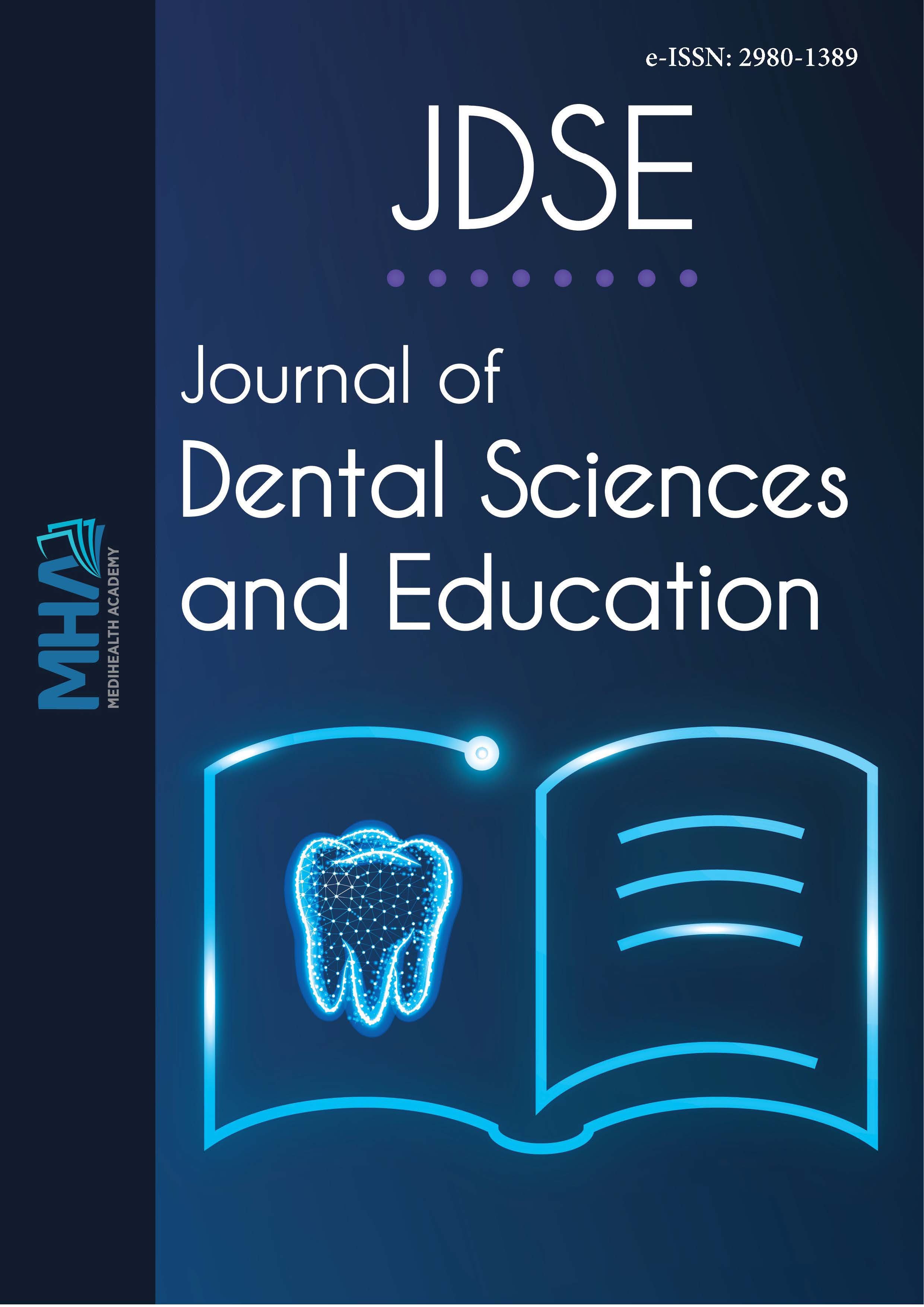1. Ray PP. ChatGPT: a comprehensive review on background, applications,key challenges, bias, ethics, limitations and future scope. Internet ThinCyber-Physi Syst. 2023;3:121-154.
2. King MR. A conversation on artificial intelligence, chatbots, andplagiarism in higher education. Cell Mol Bioeng. 2023;16(1):1-2.
3. Strunga M, Urban R, Surovková J, Thurzo A. Artificial intelligencesystems assisting in the assessment of the course and retention oforthodontic treatment. Healthcare (Basel). 2023;11(5).
4. Alhaidry HM, Fatani B, Alrayes JO, Almana AM, Alfhaed NK. ChatGPTin dentistry: a comprehensive review. Cureus. 2023;15(4):e38317.
5. Montenegro-Rueda M, Fernández-Cerero J, Fernández-BataneroJM, López-Meneses E. Impact of the implementation of ChatGPT ineducation: a systematic review. Computers. 2023;12(8):153.
6. Javaid M, Haleem A, Singh RP, Khan S, Khan IH. Unlocking theopportunities through ChatGPT tool towards ameliorating theeducation system. Bench Council Transac Benchm, Stand Eva. 2023;3(2):100115.
7. Sallam M. ChatGPT utility in healthcare education, research, andpractice: systematic review on the promising perspectives and validconcerns. Healthcare (Basel). 2023;11(6):887.
8. Sallam M, Salim NA, Barakat M, Ala’a B. ChatGPT applications inmedical, dental, pharmacy, and public health education: a descriptivestudy highlighting the advantages and limitations. Narra J. 2023;3(1):14.
9. Rahad K, Martin K, Amugo I, et al. ChatGPT to enhance learning indental education at a historically black medical college. Dent Res OralHealth. 2024;7(1):8.
10. Fatani B. ChatGPT for future medical and dental research. Cureus.2023;15(4):e37285.
11. Jeyaraman M, Ramasubramanian S, Balaji S, Jeyaraman N,Nallakumarasamy A, Sharma S. ChatGPT in action: harnessingartificial intelligence potential and addressing ethical challenges inmedicine, education, and scientific research. World J Methodol. 2023;13(4):170-178.
12. Park YJ, Kaplan D, Ren Z, et al. Can ChatGPT be used to generatescientific hypotheses? J Mater. 2024;10(3):578-584.
13. Wang C, Liu S, Yang H, Guo J, Wu Y, Liu J. Ethical considerations ofusing ChatGPT in health care. J Med Internet Res. 2023;25:e48009.
14. Okoye K, Hussein H, Arrona-Palacios A, et al. Impact of digitaltechnologies upon teaching and learning in higher education in LatinAmerica: an outlook on the reach, barriers, and bottlenecks. Educ InfTechnol (Dordr). 2023;28(2):2291-2360.
15. Alenezi M, Wardat S, Akour M. The need of integrating digitaleducation in higher education: challenges and opportunities.Sustainability. 2023;15(6):4782.
16. Mahesh Batra A, Reche A. A new era of dental care: harnessing artificialintelligence for better diagnosis and treatment. Cureus. 2023;15(11):e49319.
17. Narayanan S, Ramakrishnan R, Durairaj E, Das A. Artificialintelligence revolutionizing the field of medical education. Cureus.2023;15(11):e49604.
18. Zainal NHM, Ramli R, Omar N, Mahmud M, Salim NHA. Augmentedreality (AR) and virtual reality (VR) ApplicationsDuring Covid-19pandemic among preclinical medical anddentistry students: a mini-review. Malaysian J Med Health Sci. 2022;18(14).
19. Yelne S, Chaudhary M, Dod K, Sayyad A, Sharma R. Harnessing thepower of AI: a comprehensive review of its impact and challenges innursing science and healthcare. Cureus. 2023;15(11):e49252.
20. Shorey S, Ang E, Yap J, Ng ED, Lau ST, Chui CK. A virtual counselingapplication using artificial intelligence for communication skillstraining in nursing education: development study. J Med Internet Res.2019;21(10):e14658.
21. Borges do Nascimento IJ, Abdulazeem H, Vasanthan LT, et al. Barriersand facilitators to utilizing digital health technologies by healthcareprofessionals. NPJ Digit Med. 2023;6(1):161.
22. Alowais SA, Alghamdi SS, Alsuhebany N, et al. Revolutionizinghealthcare: the role of artificial intelligence in clinical practice. BMCMed Educ. 2023;23(1):689.

